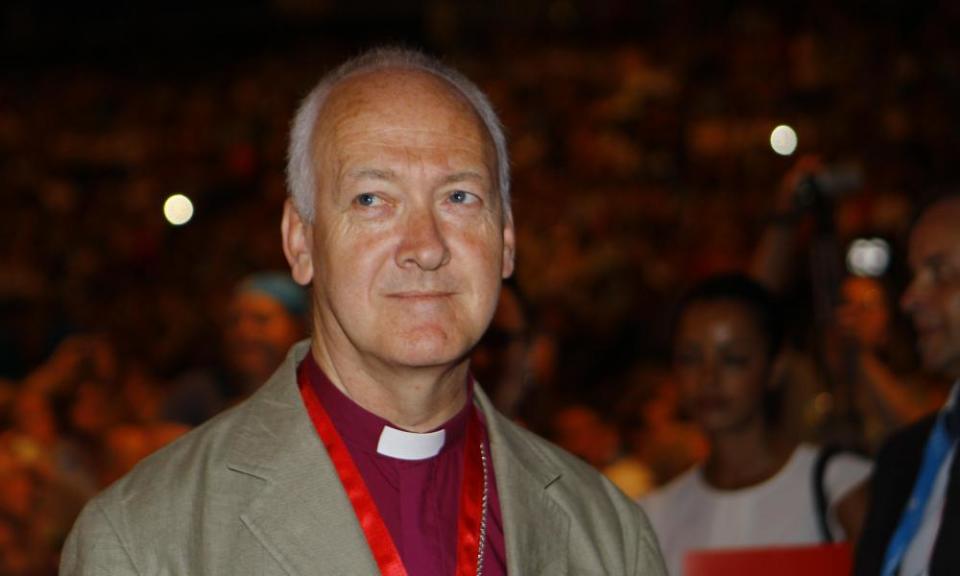A Covid Christmas: tiny turkeys and rule of six carol concerts

The debate over Christmas and what it may look like in these extraordinary coronavirus times, is well under way. Here are some insights into a holiday season that is expected to be unlike any in living memory.
Santa staying at ho ho home
In a normal year, Ray Hulse would be gearing up for his busiest time of year, brushing the knots out of his “magic beard”, digging out his jingle boots and checking the fairy lights in his mobile grotto are still working. But in 2020, Britain’s “longest-serving Santa” – who first donned his red corduroy suit and cape in 1962 – will largely be staying at home in Shropshire.
For the past 58 years, the former miner has spent most of December splitting his time between Shrewsbury Morrison’s and Bridgnorth’s Sainsbury’s and a few local churches, raising money for Hope House, a charity for terminally ill children.
He normally lets children give him a cuddle and sit on his knee – “only if their parents are there and lift them on to my lap” – and rummage around in a stocking for a lolly, but not this year. There will be no cradling newborns for photos in front of his special neon heart, which reads “my first Christmas with Santa”. No special guest appearances for the Christmas lights switch on at Oswestry.
Related: Home for Christmas? How Covid-19 is changing festive plans
He is still hoping to make a few socially distant appearances but is sad that Covid will deprive many children of their chance to meet Father Christmas up close. “We can send people to the moon so why can’t we hurry up and get a vaccine?” he asked.
Rule of six carol concerts?

Nick Baines, the bishop of Leeds, describes the government’s handling of the pandemic as “a masterclass in how not to organise and how not to communicate”.
But whether or not there is a national lockdown, he believes Britons need to be realistic that Christmas 2020 is not going to be anything like normal. “You can’t argue with reality. And the reality is that we can’t mix,” he said.
Related: UK cities plan Covid-safe festivities as Christmas markets are cancelled
The three cathedrals in his diocese are having to look at Christmas in “completely different ways,” said Baines. Currently, even in tier 3 areas such as West Yorkshire, churches can open from next week. But whether that will be true come Christmas remains to be seen. There will almost certainly be no carol concerts, Baines said, suggesting churches may instead encourage carollers to go out into the community in groups of six.
A pared-down Christmas may be just the ticket for remembering the original Christmas story, he said. “We talk about there being no room at the inn. We talk about inhospitable environment and yet the light shines in the darkness and the darkness will not put it out. Christmas didn’t begin in Debenhams or Marks and Spencer but in an obscure part of the Roman empire when life was very cheap.”
Tiny turkeys

Britain’s turkey farmers started thinking about Christmas back in spring, when the chances of life returning to normal by autumn felt realistic. It hasn’t panned out that way, of course, and farms are having to adapt for what most accept will be reduced demand for the largest birds.
If the current “rule of six” stays in place in England, even in the lowest-risk areas no more than half a dozen people from different households will be able to share a Christmas dinner.
One south Wales farmer, who normally rears 70,000 turkeys a year, suggested he could put his turkeys on a diet or slaughter them a bit earlier than usual to stop them getting too plump.
Nick Davis, from Usk Vale Poultry, told the Sunday Times: “We have to decide what size people want and you can’t even tell me today what size that might be. We can play around with rations a bit, and we can slaughter them a week or 10 days earlier, so we can reduce the size to a certain extent.”


